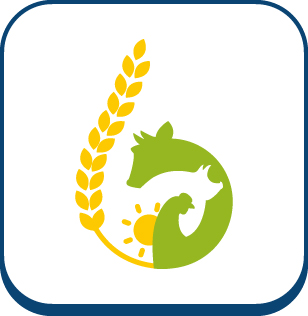Risk factors associated with Salmonella prevalence in breeding&fattening and in only-fattening herds
Fiche technique
Titre :
Risk factors associated with Salmonella prevalence in breeding&fattening and in only-fattening herds
Date sortie / parution :
2008
Référence :
Journées de la Recherche Porcine (Fra), 2008, Vol.40
Auteurs
Quelques mots clés
Autres documents
The new European lean meat content and the determination of carcass composition
The EC definition of classification criterion has changed following the European project EUPIGCLASS. The lean meat content is now defined as the lean meat percentage in the four main cuts…
Publié en 2008Première expérience d'utilisation de semence de la Cryobanque Nationale comme outil de gestion de la variabilité génétique en race locale porcine
Le maintien de la variabilité génétique des races locales porcines repose sur une gestion rigoureuse des accouplements. Le stock de semences conservées dans la Cryobanque Nationale constitue une sauvegarde du…
Publié en 2008Influence du taux de tourteau de colza dans l'aliment de 2e âge sur les performances du porcelet
Des aliments 2ème âge contenant 3 % de tourteau de colza (Témoin) sont comparés à des aliments Tcolza contenant 15 % de tourteau dans des conditions d'élevage optimales (Opt) ou…
Publié en 2008








